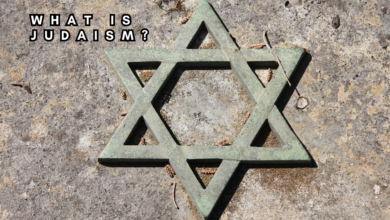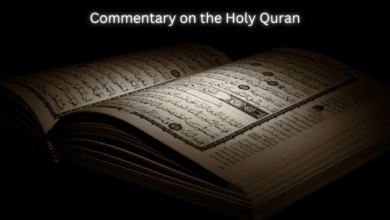What Is The Fourth Pillar Of Islam?
The Essence of Zakat: Promoting Social Justice and Wealth Redistribution in Islam
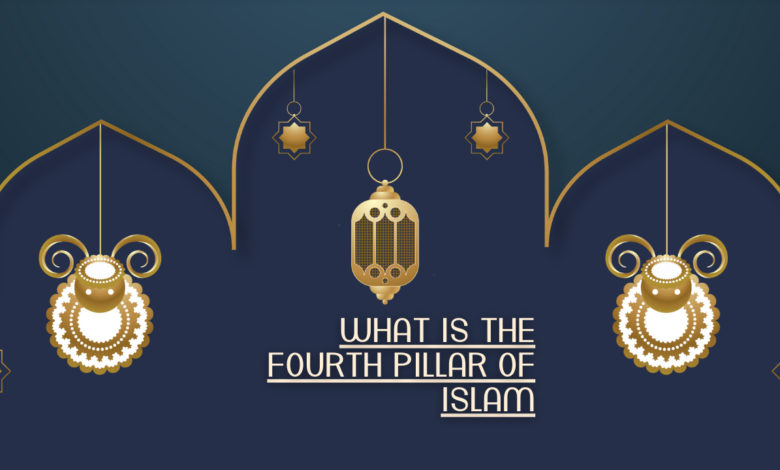
What Is The Fourth Pillar Of Islam?
The fourth pillar of Islam is Zakat, which is the mandatory practice of giving a portion of one’s wealth to those in need.
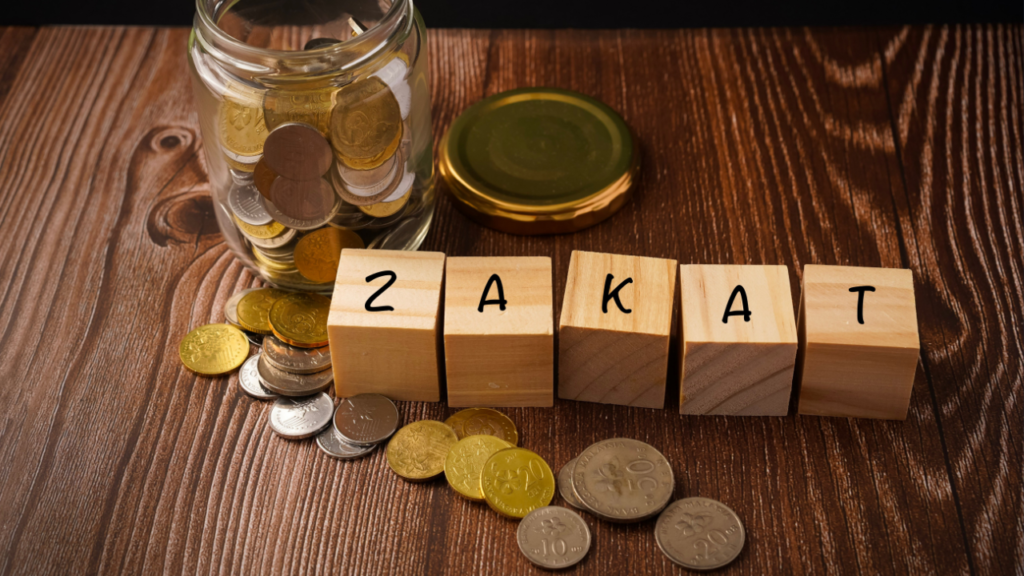
Introduction
Islam, one of the world’s major religions, is built upon five foundational pillars that serve as the core framework for a Muslim’s faith and practice. These pillars are the Shahada (faith declaration), Salah (prayer), Sawm (fasting during Ramadan), Hajj (pilgrimage to Mecca), and Zakat (charity or almsgiving). While the first three pillars are often well-known and discussed, the fourth pillar, Zakat, holds equal significance in the life of a devout Muslim. In this article, we will explore the concept of Zakat, its importance, and how it reflects the principles of generosity and social justice within Islam.
The Meaning of Zakat
The term “Zakat” is derived from the Arabic root word “Zaka,” which means to purify or to grow. Zakat, as a religious obligation, embodies both of these meanings. It is an act of purifying one’s wealth by setting aside a portion for those in need, and it is also a means of fostering the growth and development of society.
Zakat is often referred to as “almsgiving” or “charity,” but it differs from voluntary acts of charity, known as Sadaqah. Zakat is a mandatory form of giving, while Sadaqah is voluntary and can be given at any time and in any amount. Zakat is considered a fundamental duty for Muslims who meet specific criteria, while Sadaqah is encouraged for everyone, regardless of their financial situation.
Also check.
- What To Say When Someone Dies In Islam
- What is Islamism?
- What Does Allah Look Like?
- Who is the Wessiah in Islam?
- Why Does Allah Test Us?
The Obligation of Zakat
The obligation of Zakat is firmly rooted in Islamic teachings and is mentioned in the Quran numerous times. It is considered one of the fundamental acts of worship in Islam and is obligatory for those who meet the following criteria:
- Ownership of Wealth: A Muslim must possess a minimum amount of wealth, known as the “Nisab,” which is the minimum threshold for Zakat eligibility. The Nisab value is calculated based on the current market value of certain assets, such as gold or silver.
- Passage of Time: A year must pass from the time a Muslim’s wealth reaches or surpasses the Nisab threshold before Zakat becomes obligatory.
- Excess Wealth: After meeting basic needs and expenses, a Muslim must have excess wealth that exceeds the Nisab threshold.
The Calculation of Zakat
The calculation of Zakat is straightforward. It involves giving away a fixed percentage (usually 2.5%) of one’s excess wealth to those in need. This percentage is based on the principle that wealth is a trust from God, and those who have been blessed with it should share it with others who are less fortunate. The funds collected through Zakat are distributed to various categories of recipients, including the poor, needy, debtors, and those working to promote Islam.
Social Justice and Zakat
Zakat plays a vital role in promoting social justice within Muslim communities and society at large. By redistributing wealth from the affluent to the less fortunate, it helps bridge economic disparities and ensures that basic needs are met for all members of the community. It is a means of providing a safety net for those who are financially struggling, reducing poverty, and addressing economic inequality.
Moreover, Zakat fosters a sense of responsibility and compassion among Muslims. It encourages them to be mindful of the needs of others and to actively seek opportunities to alleviate suffering and improve the lives of those less fortunate. In doing so, it promotes the values of empathy, solidarity, and community support.
Conclusion
In Islam, Zakat is the fourth pillar and an integral component of a Muslim’s faith and practice. It serves as a means of purifying wealth, fostering societal growth, and promoting social justice. By giving a portion of their wealth to those in need, Muslims fulfill their religious duty and contribute to the well-being of their communities. In a world where economic disparities persist, the principle of Zakat serves as a timeless reminder of the importance of sharing and caring for one another, embodying the core values of Islam.
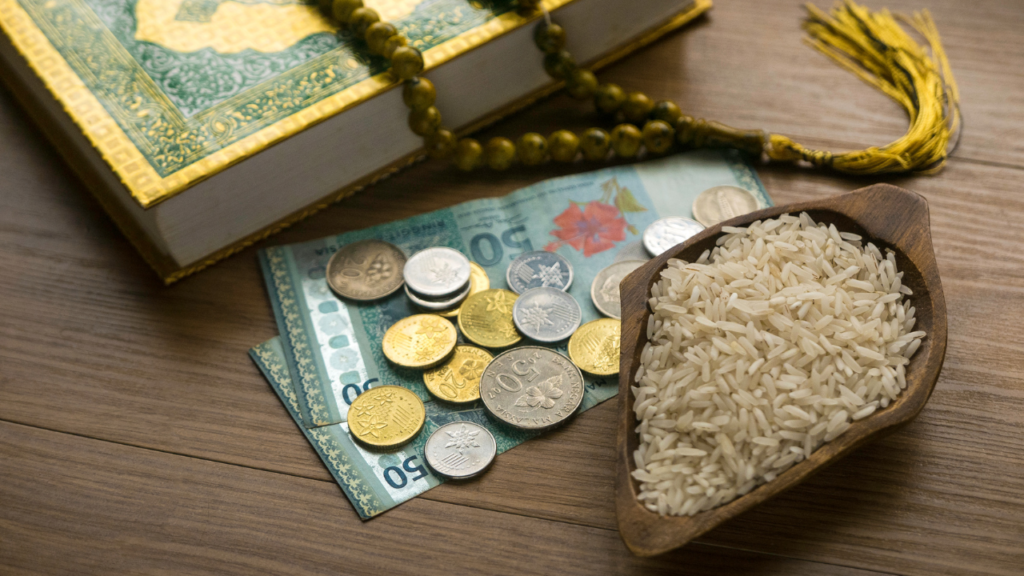
FAQs
What is the fourth pillar of Islam?
The fourth pillar of Islam is Zakat, which is the mandatory practice of giving a portion of one’s wealth to those in need.
What does “Zakat” mean in Arabic?
“Zakat” is derived from the Arabic root word “Zaka,” meaning to purify or grow. In Islam, it signifies both the purification of wealth and its growth through charitable giving.
Who is obligated to pay Zakat?
Muslims who meet specific criteria, including owning wealth above a certain threshold (Nisab), are obligated to pay Zakat.
How is Zakat calculated?
Zakat is calculated based on a fixed percentage (usually 2.5%) of one’s excess wealth that has been held for a year or more. This amount is then given to those in need.
What is the purpose of Zakat?
The primary purpose of Zakat is to promote social justice and economic equality by redistributing wealth to the less fortunate. It also serves as a means of purifying one’s wealth and fulfilling a religious obligation.
Is Zakat the same as Sadaqah (voluntary charity)?
No, Zakat is obligatory for eligible Muslims, while Sadaqah is voluntary and can be given at any time and in any amount.
How is Zakat distributed?
Zakat funds are typically distributed to various categories of recipients, including the poor, needy, debtors, and those working to promote Islam and help the community.
What role does Zakat play in Islamic society?
Zakat plays a vital role in promoting social justice by reducing poverty, bridging economic disparities, and ensuring that basic needs are met for all members of the community.
What values does Zakat promote within the Muslim community?
Zakat promotes values of empathy, compassion, solidarity, and community support among Muslims. It encourages them to be mindful of the needs of others and actively seek opportunities to alleviate suffering.
Is Zakat a timeless concept in Islam?
Yes, Zakat is a fundamental concept in Islam and remains relevant today as a reminder of the importance of sharing and caring for one another, especially in a world with ongoing economic disparities.
